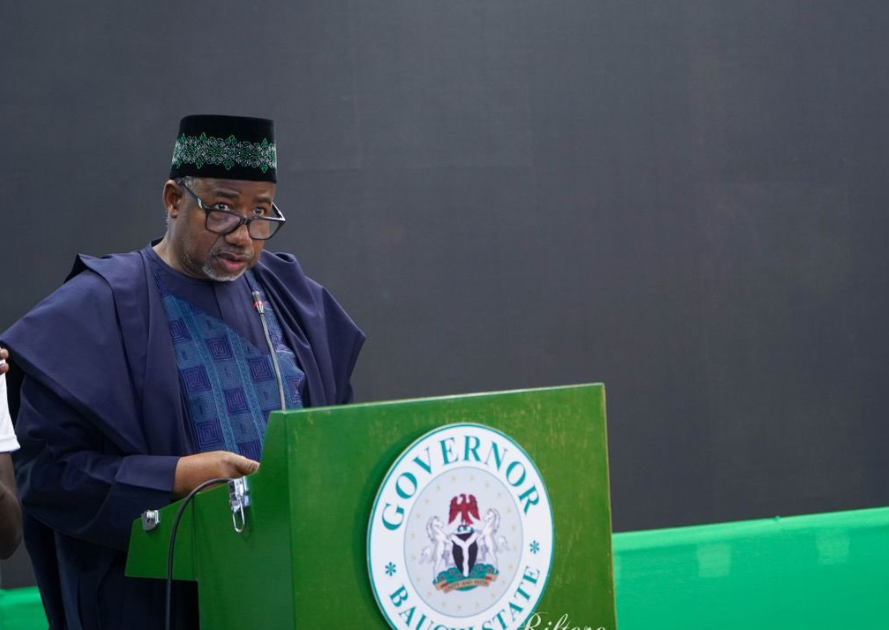The political landscape in Nigeria is experiencing a period of tension, highlighted by the recent criticism of President Bola Tinubu’s economic reform policies by Bauchi State Governor, Bala Mohammed. Governor Mohammed has publicly expressed his disapproval of the President’s approach, arguing that the reforms are placing undue hardship on the people of the North and Nigerians as a whole. This dissent comes amidst a backdrop of growing economic concerns and underscores the complexities of implementing nationwide policy changes in a diverse nation.
Governor Mohammed’s critique centers on the perceived negative impact of the economic reforms, particularly the proposed tax reforms, on the Northern region. He argues that the North, which is heavily reliant on federal allocations, is particularly vulnerable to these changes. The reforms, in his view, threaten to exacerbate existing economic weaknesses and further strain the region’s financial stability. This perspective reveals a fundamental disagreement on the potential consequences of the reforms, with the Governor emphasizing the immediate hardship while the Presidency presumably focuses on long-term benefits.
Adding to the political friction is Governor Mohammed’s assertion that President Tinubu is not receptive to feedback and concerns. He claims to have communicated his reservations to the President but has not seen any meaningful response or adjustments to the policies. This perceived lack of communication and responsiveness contributes to the strained relationship between the Governor and the President, highlighting the challenges of bridging differing viewpoints within the political sphere.
In an attempt to mediate the situation and influence the President’s decision-making, Governor Mohammed has appealed to Sheikh Sani Jingir, the National Chairman Council of Ulama Jama’atu Izalatul Bid’ah Wa’Ikamatis Sunnah, for assistance. Acknowledging Jingir’s close relationship with President Tinubu, the Governor urged him to leverage his influence and advocate for a review of the policies. This move underscores the importance of interpersonal relationships and informal channels of communication in Nigerian politics, often utilized alongside formal procedures.
The Presidency, while not directly addressing Governor Mohammed’s specific criticisms as of the report’s filing, has previously defended the tax reforms. Mr. Sunday Dare, Special Adviser on Media and Public Communication to President Tinubu, countered the Governor’s claims by asserting that his stance does not represent the broader view of the North and highlighted the potential benefits of increased federal allocations resulting from the reforms. This contrasting perspective suggests a divergence in understanding of the reforms’ impact and raises questions about the adequacy of communication and consultation between the federal government and individual states.
This developing disagreement between Governor Mohammed and President Tinubu encapsulates a broader debate on the direction of economic policy in Nigeria. The Governor’s criticisms reflect the concerns of some segments of the population regarding the potential negative impacts of the reforms, particularly in economically vulnerable regions. The Presidency’s defense, on the other hand, underscores the belief that these reforms are necessary for long-term economic stability and growth. This ongoing dialogue is crucial for navigating the complexities of economic reform and ensuring that policies are both effective and equitable across the nation.














